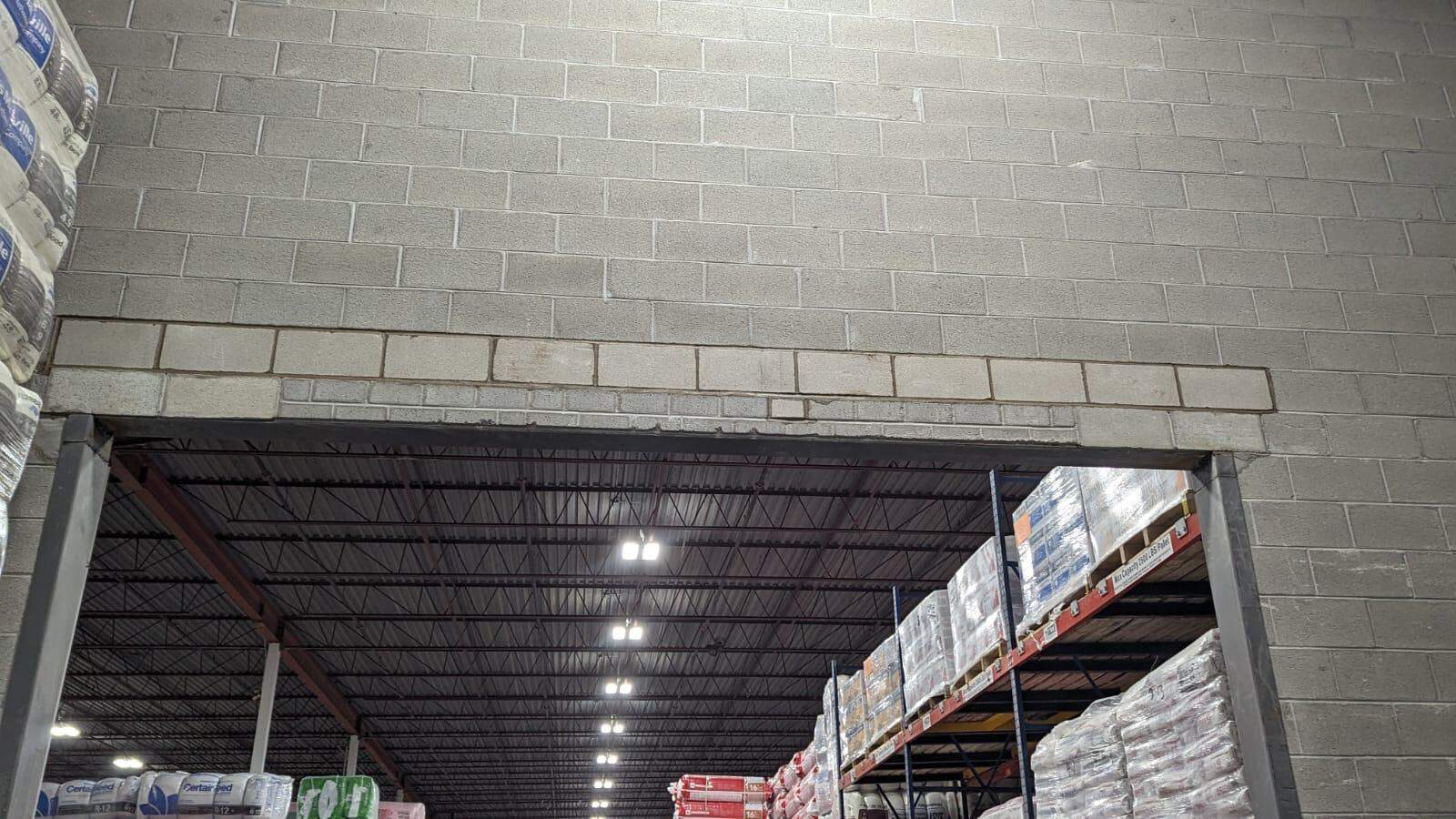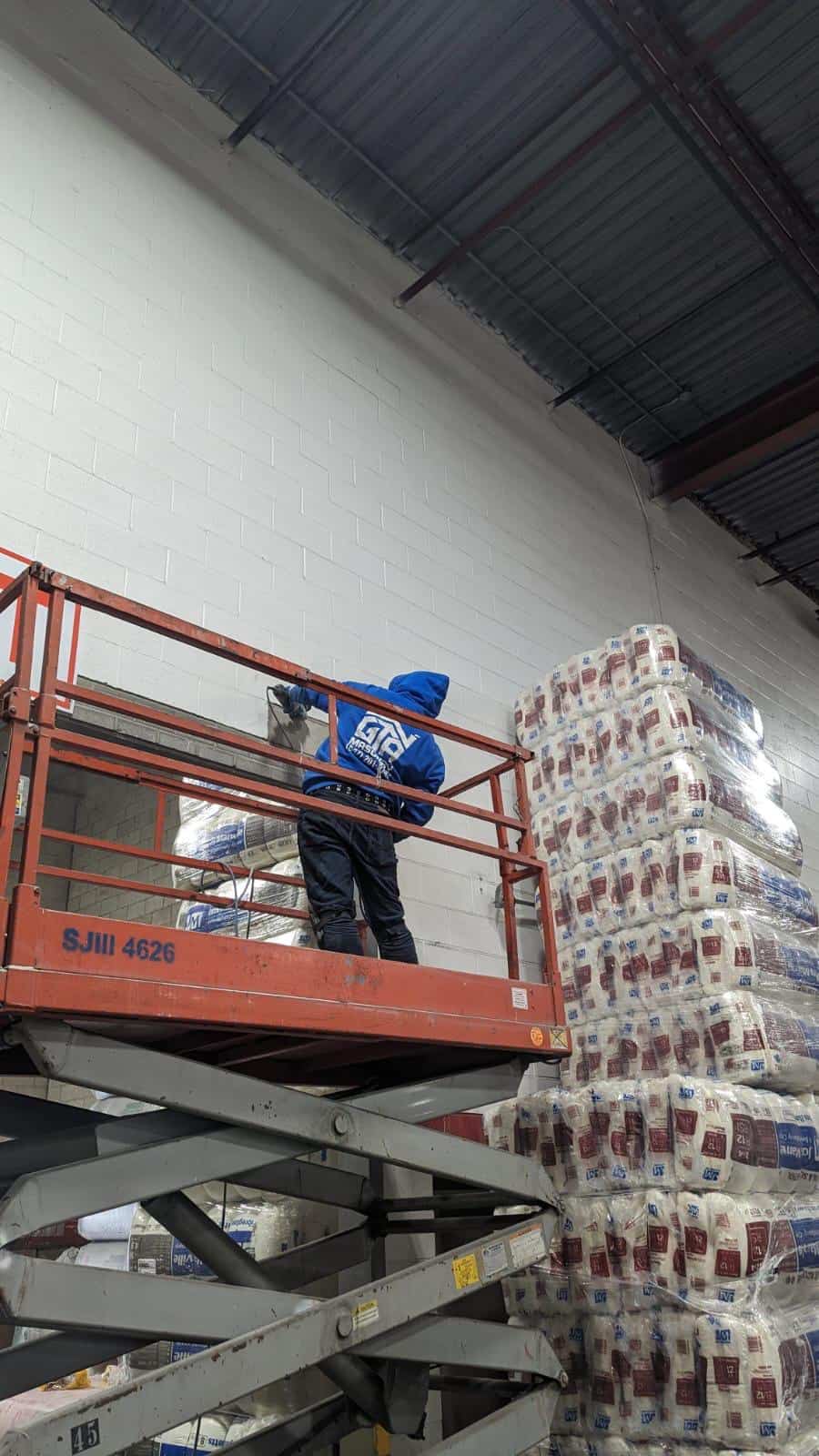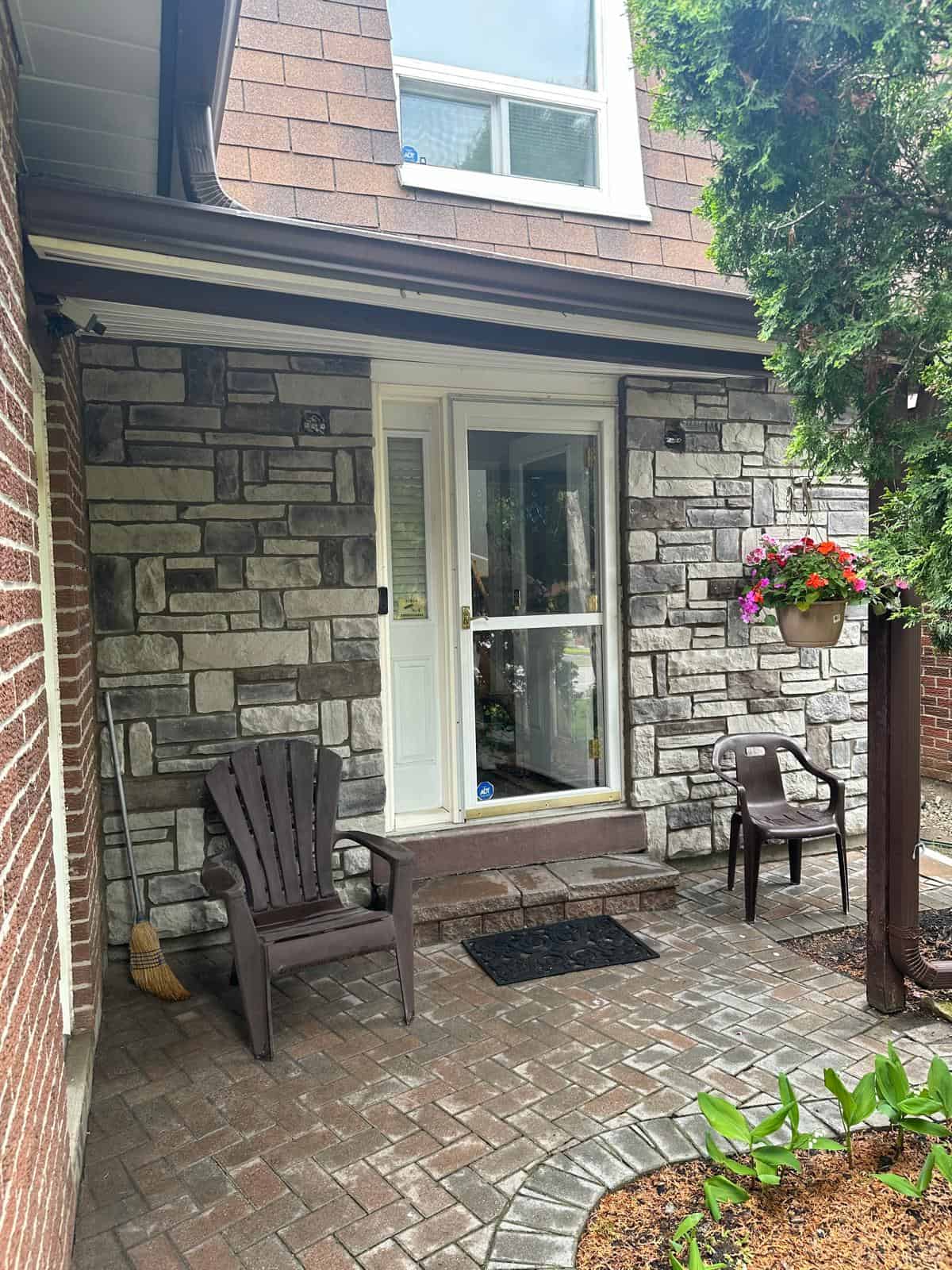Concrete blocks are quiet workhorses behind countless building projects and construction across Canada. You’ll find they’re surprisingly versatile. From stacking walls to shaping cozy backyard fire pits, these blocks offer more uses than most people expect.
What Are Concrete Blocks?
Concrete blocks are building units formed from a blend of cement, sand, gravel, and water. They are also known as Concrete Masonry Units (CMUs) and are molded to serve as structural components in construction, often forming walls, foundations, and other support systems. A standard concrete block typically measures 16 inches long, 8 inches high, and 8 inches deep, though sizes can be adjusted to suit different project requirements.
They are appropriate for both indoor and outdoor applications and perform well in both structural and non-structural roles. Depending on the build, they can be produced as hollow blocks (lighter in weight with better insulation) or as solid blocks that offer added durability. This versatility makes them useful in a wide range of construction settings.
Get a Free Project Quote for Concrete Work!
Types of Concrete Blocks
Blocks of prefabricated concrete are used to build walls. Available in a variety of sizes and weights, the hollow version tends to be the most widely used. Builders often choose them for their strength, fire resistance, and ability to insulate against heat and cold.
There’s more variety in concrete blocks than most people realize. From dense, solid options to lighter versions that improve insulation, each type serves a different purpose. Here’s a closer look at the main types and what sets them apart.
Solid Concrete Blocks
Solid concrete blocks are dense, heavy units made with aggregates and are commonly used in structural construction. Their toughness provides reliable support, making them well-suited for demanding projects like load-bearing walls. Often seen as oversized bricks, these blocks help speed up the building process, allowing walls to go up faster than with traditional brickwork.
Hollow Concrete Blocks
Hollow concrete blocks are commonly used in masonry construction for their efficiency and performance. They help cut down on labor time, conserve materials like cement and steel, and make the overall structure lighter. These blocks also offer added benefits such as better soundproofing and thermal insulation.
Standard options include full-sized blocks, rectangular with two cores, and half-sized blocks, cubical with one core. A wide range of shapes and designs is available, allowing builders to match specific construction and design needs.
Specialized Concrete Blocks
Specialized concrete blocks play important roles in construction by addressing specific structural needs. Lintel blocks, with their U-shaped design, are used above doors and windows to support loads while allowing reinforcement with steel and concrete inside their hollow centers.
Column blocks stack to form strong vertical supports, often filled with concrete and rebar to handle heavy weight and provide stability, especially in areas prone to earthquakes.
Corner blocks, designed with exact 90-degree angles, make wall joints easier and reduce block cutting time.
Pillar blocks, designed to withstand high pressure and lateral forces, are commonly used in fence posts, walls, and column bases, meeting strict building codes and ensuring durability.
Advantages of Using Concrete Blocks in Canadian Construction
1. Durability and Strength
Their ability to endure tough weather makes them well-suited for Canadian winters, where temperatures often fall sharply. Along with being fire-resistant, they add an important layer of safety. Their strong compressive strength supports heavy loads, making them perfect for walls, foundations, and other structural elements.
2. Cost-Effectiveness
Concrete blocks offer a cost-effective option compared to many other building materials, especially when factoring in their durability and minimal maintenance needs over time. Their long lifespan means fewer repairs and replacements, providing good value for investment. Sourcing concrete blocks locally also helps cut down on transportation expenses and supports more sustainable building practices.
3. Energy Efficiency and Insulation
Energy efficiency matters a lot in Canada due to its diverse climate. Concrete blocks provide thermal mass, helping to stabilize indoor temperatures by absorbing heat during the day and slowly releasing it at night. This natural temperature regulation lessens the need for heating and cooling systems. When combined with insulation, concrete blocks contribute greatly to a building’s energy savings and sustainability.
4. Versatility in Design and Appearance
Concrete blocks stand out for their design flexibility. They can be easily cut or shaped to meet specific architectural needs and come in a variety of textures, colors, and finishes. This range allows builders and architects to craft structures that suit styles from modern to traditional.
Concrete Block Dimensions
- Full-size Blocks: Typically 16 x 8 x 8 inches, widely used for building walls.
- Half-size Blocks: Measuring 8 x 8 x 8 inches, suitable for shorter walls or adjustments in wall height.
- Custom Sizes: Some manufacturers provide custom dimensions to meet unique design needs or construction specifications.
Final Word
Concrete blocks play an important role in building homes and businesses in Canada due to their versatility and dependability. Selecting the right blocks involves considering factors like climate, budget, and project goals.






